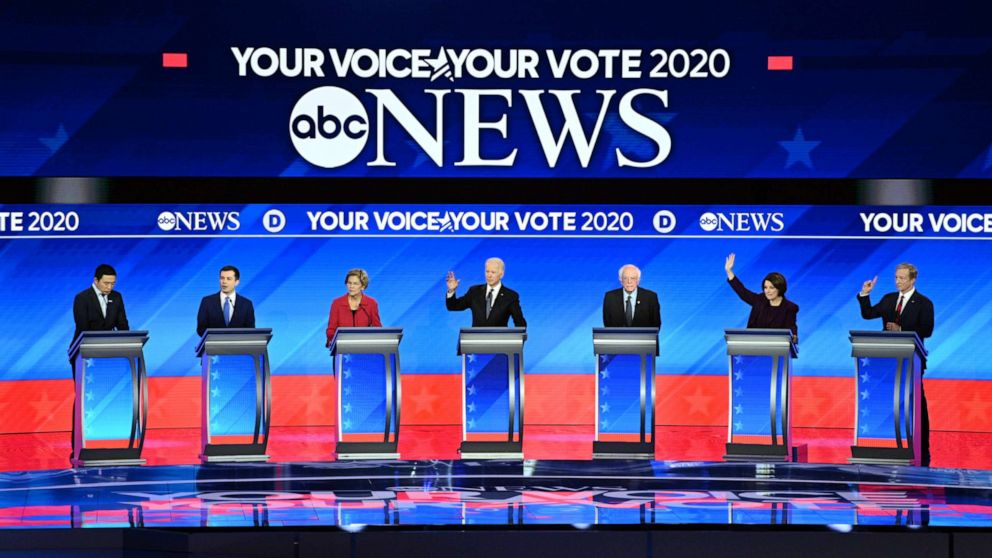
A primary is an election to choose each party’s candidate to run in the presidential election; people voting simply cast a ballot, then leave.
A caucus is a meeting to choose a party’s candidate for the presidential election; there is a discussion, then the group decides on the nomination. Caucuses are often held in large states which are sparsely populated.
Primaries

Each state controls how its primary is run. They can decide when they are held, as long as its between January and June. Super Tuesday is the day in a February or March where many states hold their primaries (or caucuses). In 2016, the Iowa Primary was the first one.
States can also decide the type of primary election that takes place. In closed primaries, only registered Republicans can vote in the Republican primary and only registered Democrats can vote in the Democratic primary. In open primaries, all registered voters can take part and vote for a candidate.
In primary elections, delegates are elected. These are people who vote for the candidate they represent at the national party conventions. States decide how delegates are allocated to the candidates: in proportional primaries candidates are awarded delegates in proportion to the number of votes they received. In winner-takes-all primaries the candidate with the most votes wins all the state’s delegates.
Advantages
- Primaries present a large choice of candidates. In 2016, the Republican primary had 17 candidates.
- Primaries give individuals outside of politics or major political positions the chance to run for election. In 2016, Donald Trump was able to enter the Republican primary having no prior political experience.
- While the process is long and difficult, this is arguably necessary for electing such an important role.
Disadvantages
- Suitable candidates can be put off from running because the process is so long and expensive. Hillary Clinton raised $275m in the 2016 Democratic primary (many candidates simply do not have access to this level of funding).
- Candidates can perform well at primaries despite being unpopular with many Americans. Primary voters tend to be more ideological in their political views, older, wealthier and better educated.
- Primaries can often become a personal battle rather than about a candidate’s policies and suitability for president. In the 2016 primaries, Donald Trump made personal attacks towards fellow candidate Jeb Bush, calling him “an embarrassment to his family”.
- Voter turnout is often low, particularly when a president is running for re-election as only one party has a serious primary contest. In 2012, when Obama was running for re-election, turnout was only 14.5%.